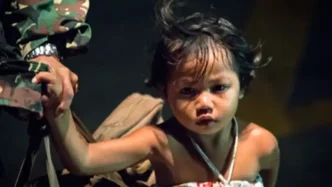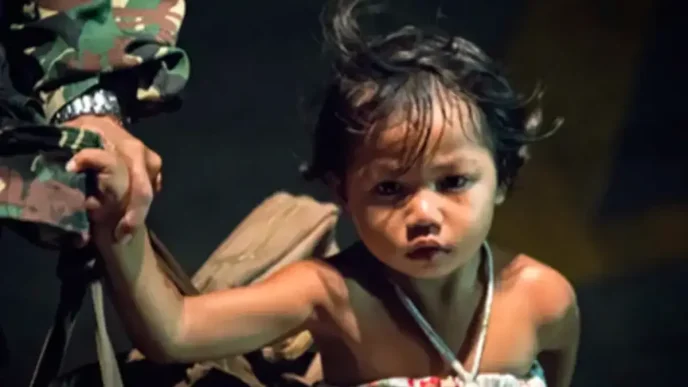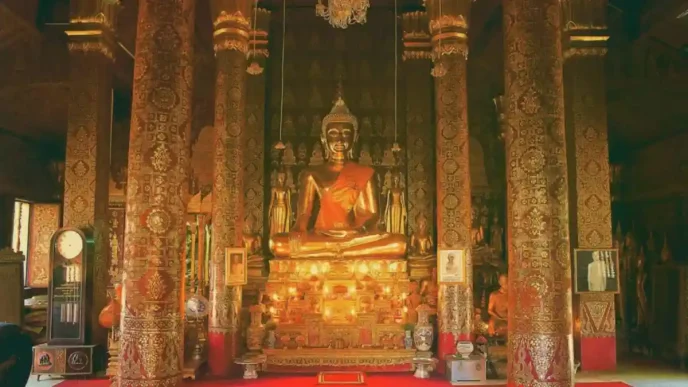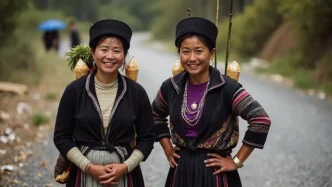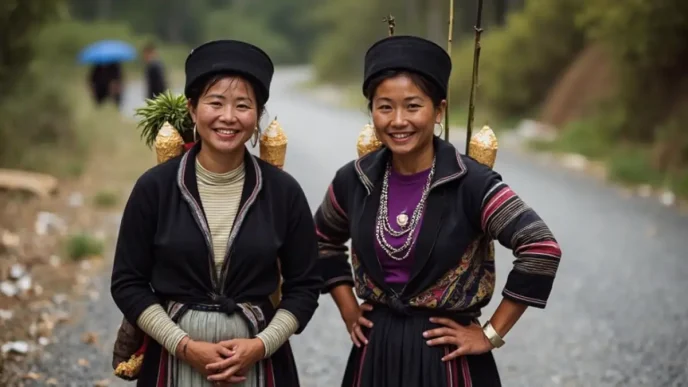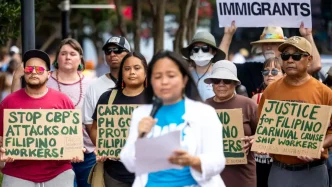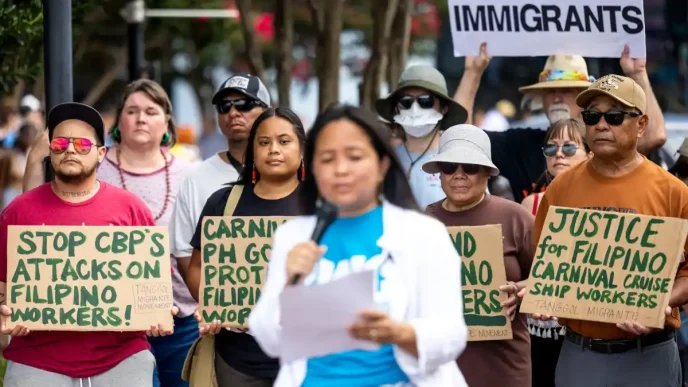In the bustling heart of Ho Chi Minh City, a gathering of experts and researchers at the Sei-katsu-sha ASEAN 2025 forum has cast a spotlight on the profound changes reshaping Vietnamese family structures. Organised by the Hakuhodo Institute of Life and Living ASEAN Vietnam (HILL ASEAN Vietnam) on 13 March, the forum revealed a society in transition, where multi-generational households are giving way to nuclear families, and individual aspirations are increasingly taking centre stage.
The shift, driven by younger couples opting to live separately and have fewer children, marks a departure from Vietnam’s deeply rooted tradition of extended family living. Yet, as the forum highlighted, this evolution is not a rejection of family values but a redefinition of them—blending personal growth with shared goals for economic stability and success. For a nation where family has long been the cornerstone of social identity, these changes raise critical questions about cultural continuity, intergenerational relationships, and even economic opportunities.
A New Family Model: Flexibility and Individuality
At the core of the forum’s findings, drawn from a comprehensive survey of thousands of Vietnamese adults aged 20-60 alongside in-depth household interviews, is the trend towards smaller, more flexible family units. Dubbed ‘startup’ family structures by HILL ASEAN Vietnam researchers, these modern households prioritise individual goals while maintaining cohesion through common aspirations. The average number of family members living under one roof is declining, reflecting a broader societal shift towards personal autonomy.
This transformation extends to the division of household responsibilities. Traditional roles dictated by age or gender are being replaced by a more equitable distribution based on individual capabilities. A young professional in Hanoi might now share cooking duties with their partner, while a grandparent contributes financially rather than providing daily childcare. This reallocation of roles signals a move away from rigid norms towards a more pragmatic approach to family life.
Family goals, too, are evolving. Where older generations prioritised stability and self-sacrifice—often shaped by Vietnam’s post-war context of rebuilding and survival—today’s younger Vietnamese are focused on personal development as a means to contribute to family prosperity. “Younger generations see their individual success as a way to uplift the family,” a HILL ASEAN Vietnam representative noted during the forum. This shift, however, creates tension as parents grapple with preserving traditional values like filial piety, while their children seek to forge new family ethics that blend heritage with modernity.
Tradition in Flux: Balancing Old and New
One of the forum’s most striking revelations is the changing nature of traditional rituals and values. Practices such as ancestor worship and family gatherings during holidays like Tết (Lunar New Year) are becoming less rigid. For some, these customs are fading under the pressures of urbanisation and fast-paced lifestyles. Yet, there is also a counter-movement among younger Vietnamese who are rediscovering their cultural roots through modern avenues—be it social media content on heritage, tourism to historical sites, or contemporary interpretations of age-old rituals.
This duality reflects a broader struggle within Vietnamese society: how to honour the past while embracing the future. Grandparents who lived through war and scarcity valued peace above all; middle-aged parents focused on nation-building and economic stability; and now, the youth prioritise individuality and autonomy. The generational gap in values poses challenges for the transmission of cultural norms, with parents often caught between enforcing tradition and adapting to their children’s worldview.
Despite these tensions, family remains a vital source of support, though its form is changing. Older generations are increasingly providing financial and emotional assistance rather than hands-on care. A grandparent might fund a grandchild’s education or offer advice over a video call, rather than living in the same household. This shift underscores the adaptability of Vietnamese families, who are finding new ways to stay connected even as physical proximity diminishes.
Economic Implications: Opportunities for Businesses
Beyond the cultural and social dimensions, the forum also explored the economic ramifications of these family changes. HILL ASEAN Vietnam representatives emphasised that understanding evolving family structures offers significant opportunities for businesses. As families become more nuclear and individual-focused, there is growing demand for products and services that cater to intergenerational connection and personal growth.
Shared experiences, such as family-oriented travel packages or online education platforms that engage both young and old, are potential growth areas. Financial products tailored for senior citizens to support younger family members, or tech solutions that help distant relatives stay connected, also align with these trends. “Businesses that tap into these shifts can build stronger ties with Vietnamese consumers,” a HILL ASEAN Vietnam spokesperson explained. As Vietnam’s economy continues to grow, with a burgeoning middle class and rapid urbanisation, the intersection of family values and consumer behaviour is becoming a critical space for innovation.
A Society in Transition
The findings of the Sei-katsu-sha ASEAN 2025 forum paint a picture of a Vietnam at a crossroads. The move towards nuclear families and individual priorities reflects global trends of modernisation, yet it is uniquely shaped by the country’s historical and cultural context. The challenge lies in navigating this transition without losing the essence of family as a unifying force. For many Vietnamese, the balance between tradition and modernity is not a binary choice but a dynamic interplay—where a young couple might live independently but still return home for Tết, or a family might adapt rituals to fit their urban lifestyle while preserving their symbolic meaning.
These changes also mirror broader shifts across the ASEAN region, where rapid economic development and globalisation are reshaping social structures. Vietnam, with its young population and fast-growing economy, is at the forefront of this transformation. The forum’s insights suggest that while the physical structure of families may be shrinking, the emotional and economic bonds remain strong, albeit expressed in new ways.
Looking Ahead: What Does This Mean for Vietnam?
As Vietnamese families redefine themselves, the implications extend beyond the household to the very fabric of society. Education systems, social policies, and urban planning will need to adapt to smaller family units and changing needs. For instance, the demand for affordable housing suited to nuclear families is likely to rise, as is the need for childcare services as grandparents play a less direct role. At the same time, the emphasis on personal development could fuel innovation and entrepreneurship, positioning Vietnam’s youth as a driving force in the nation’s future.
Culturally, the evolving family dynamic raises questions about how Vietnam will preserve its heritage in an increasingly globalised world. The forum highlighted the role of technology and media in bridging this gap, offering platforms for young people to engage with tradition on their own terms. Whether through virtual family gatherings or digital storytelling of cultural practices, these tools could help sustain Vietnam’s rich history amidst rapid change.
The Sei-katsu-sha ASEAN 2025 forum has provided a valuable window into the changing face of Vietnamese families. It reveals a society that is neither abandoning its past nor resisting its future, but rather crafting a new path that honours both. As Vietnam continues to modernise, the family—though smaller and more individualistic—remains a bedrock of identity, adapting to the demands of the 21st century while carrying forward the values that have long defined this resilient nation.



